The cost of fully charging your electric car could go from £12 to £34 using Highland Council chargers, if plans are approved — prompting concerns driving electric could be as expensive as having a fossil fuel vehicle.
At the very first meeting of the authority’s climate change committee today, councillors were recommended to hike the tariff for its rapid charging points from £0.30 per kilowatt hour, to £0.86.
This suggestion to almost triple the tariff would make it one of the most expensive in Scotland, and higher than private providers.
It has fuelled concerns that increasing electric vehicle charging costs could prevent people making the swap from petrol and diesel.
Earlier this year, EV charge point mapping service Zap-Map estimated that in September 2022, the average price for rapid or ultra-rapid charging points was £0.56 per kilowatt hour.
Electric car driver Reverend James Bissett, from North Kessock, says he believes such a move would make people consider “whether or not they can actually afford to operate an electric vehicle (EV) in the Highlands”.
He said he also thinks rising EV charging costs could make more people stick to using fossil fuel-powered vehicles.
Both the Scottish and UK Governments have pledged to phase out the need for new petrol and diesel cars and vans by 2030 to meet climate targets.
A Highland Council report on the proposals highlighted the risk that increasing EV charging tariffs in the region would result in a situation where there is “likely to be a higher unit price than fossil fuel vehicles”.
“If Highland Council decided to triple the price of petrol in the Highlands, you’d have a riot,” said Mr Bissett.
Highland councillors today voted to defer a decision on the increased charges, which Tory councillor Patrick Logue dubbed “extortionate”, in order to get more information on maintenance costs of charging points.
But Mr Bisset says he believes if the almost threefold increase does end up being approved by Highland Council, he and his fellow EV drivers would only ever use the rapid-charge devices “in an emergency”, and raised concerns about the larger cost being a “barrier for adoption”.
‘It would be cheaper to use fossil fuels’
Mr Bissett first bought his electric 40kw battery Nissan Leaf vehicle, which has a 160-mile range, at the start of 2020.
Since then, he’s driven almost 30,000 miles in it, and is a proponent of electric vehicles as a way to reduce your carbon footprint.
Right now, it costs him about £12 to charge his vehicle completely on Highland Council’s £0.30 per kilowatt hour rapid chargers.
But if the £0.86 change were eventually implemented, he estimates he would need to cough up £34.40 to fully fill his battery.
Although if the recommendations are approved the council would keep its slower “destination chargers” with a tariff of £0.30, Mr Bissett explained these kinds of chargers are only useful for long-term charging sessions — such as leaving a vehicle overnight, or parked up while you work a full shift.
He said: “Your choice is really take it or leave it when it comes to chargers in the Highlands.
“On purely economic terms, it would be cheaper for us to drive our fossil fuel burning car in the Highland Council area.
“This could be a barrier for adoption, not everyone has a charger at their house.
“I think the problem is that there’s not enough EV drivers yet to protest this.”
Why is Highland Council looking to increase the costs of its rapid EV chargers?
The big problem facing Highland Council is the cost of maintaining its EV units.
Currently, Transport Scotland manages the ongoing repair and maintenance of the EV infrastructure.
However, 20 of these units will become the council’s responsibility on December 1 this year.
The rest will follow in 2023.
This leaves the council with a decision to make.
If it freezes the current £0.30 tariff, it will need to find an extra £227,000 to fund repair and maintenance — no small task for a council with a £40 million projected budget deficit.
This was the first option presented to the climate change committee.
Option two suggested increasing the tariff for rapid charging on its points to £0.71 per kilowatt hour.
This option would be cost neutral to the council.
However, officers recommended adopting option three — the highest rate of £0.86 — which would allow the council to reinvest in the network.
In a report, officers said this third option would be the only way to generate an annual surplus budget large enough to cover an estimated £1.2 million replacement cost for its EV charge points, which have a design lifespan of 10 years.
Climate committee chairman Karl Rosie moved the recommendation but did not find a seconder.
Instead, the committee voiced concern about the potential impact of the price hike.
How would the rise compare with other councils and charging providers?
Conservative councillor Patrick Logue said that as an EV driver himself, he was “absolutely astonished” at the proposals.
“This is not in line with other Scottish local authorities, this is by far the highest,” he said.
“The highest council at the moment is East Lothian Council, charging £0.50 per kilowatt.
“What’s being proposed here, is just under 75% higher.
“It’s also higher than the vast majority of tariffs being charged in the private sector.”
The starting tariffs to be introduced at public electric vehicle charging points across South Lanarkshire have been agreed.
They will be introduced from today:
7/22kW charge points – £0.27 per kW
43/50kW charge points – £0.40 per kW. £30 overstay fee for exceeding 60 minutes pic.twitter.com/5MfKJ98Efi— South Lanarkshire Council (@SouthLanCouncil) November 1, 2022
Mr Logue continued: “This is the first meeting of the climate change committee, and one of the first things we’re being asked to do is to triple the cost of one of the key drivers of de-carbonisation,” he said.
“Is that really the message we want to be sending out from this committee?”
Deferred decision on electric car charging may cost Highland council
Mr Logue’s comments won the support of Green councillor Kate Willis, who ultimately seconded his motion to defer a decision in order to get more information about the maintenance costs of the charging points which will fall to Highland Council.
Ms Willis agreed with council bosses that they can’t run EV charging at a loss. However, she raised a chicken and egg dilemma — how can members agree a tariff when they don’t fully know the expected cost of repair and maintenance?
Climate change officers said they’re working on gathering that information now.
However, if the council didn’t apply the new tariff from next month it would start incurring costs.
Councillor Sarah Atkin warned “putting it off will cost us”.
Nevertheless, members were not for budging.
They unanimously supported Mr Logue’s call to defer.
While the climate change committee doesn’t have the final say on anything financial, it has asked the economy committee to hold off on applying the tariff hike.
For now, the tariff for the council’s rapid chargers remains at £0.30 — but it could shoot up in the not too distant future.
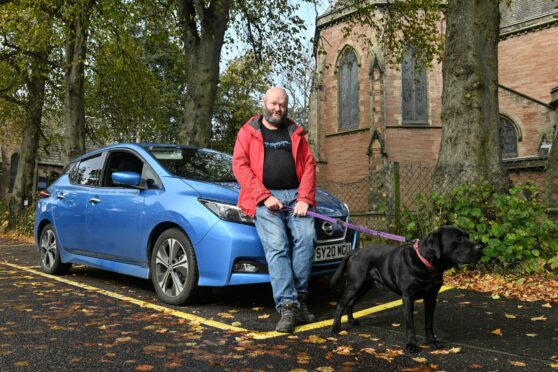
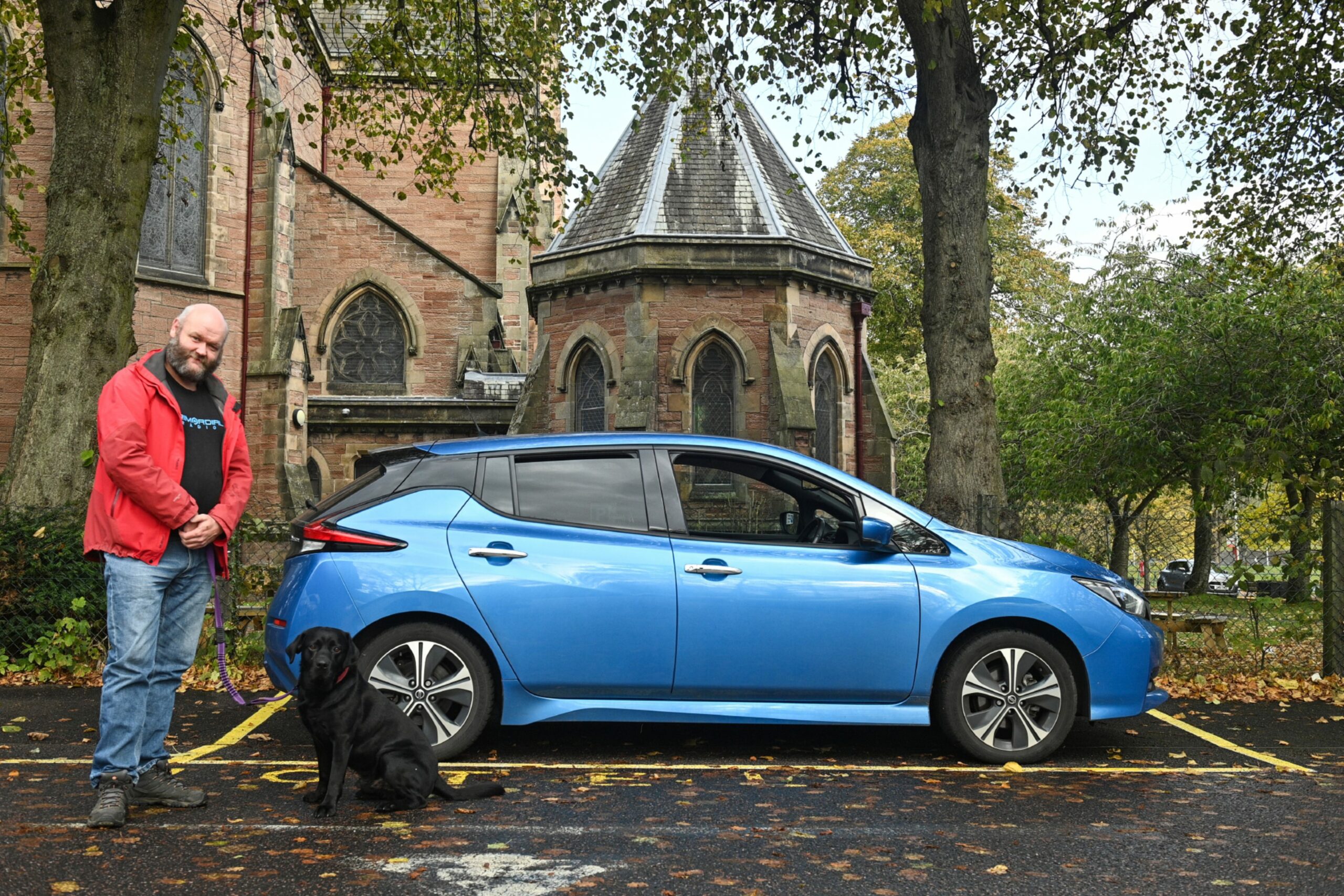
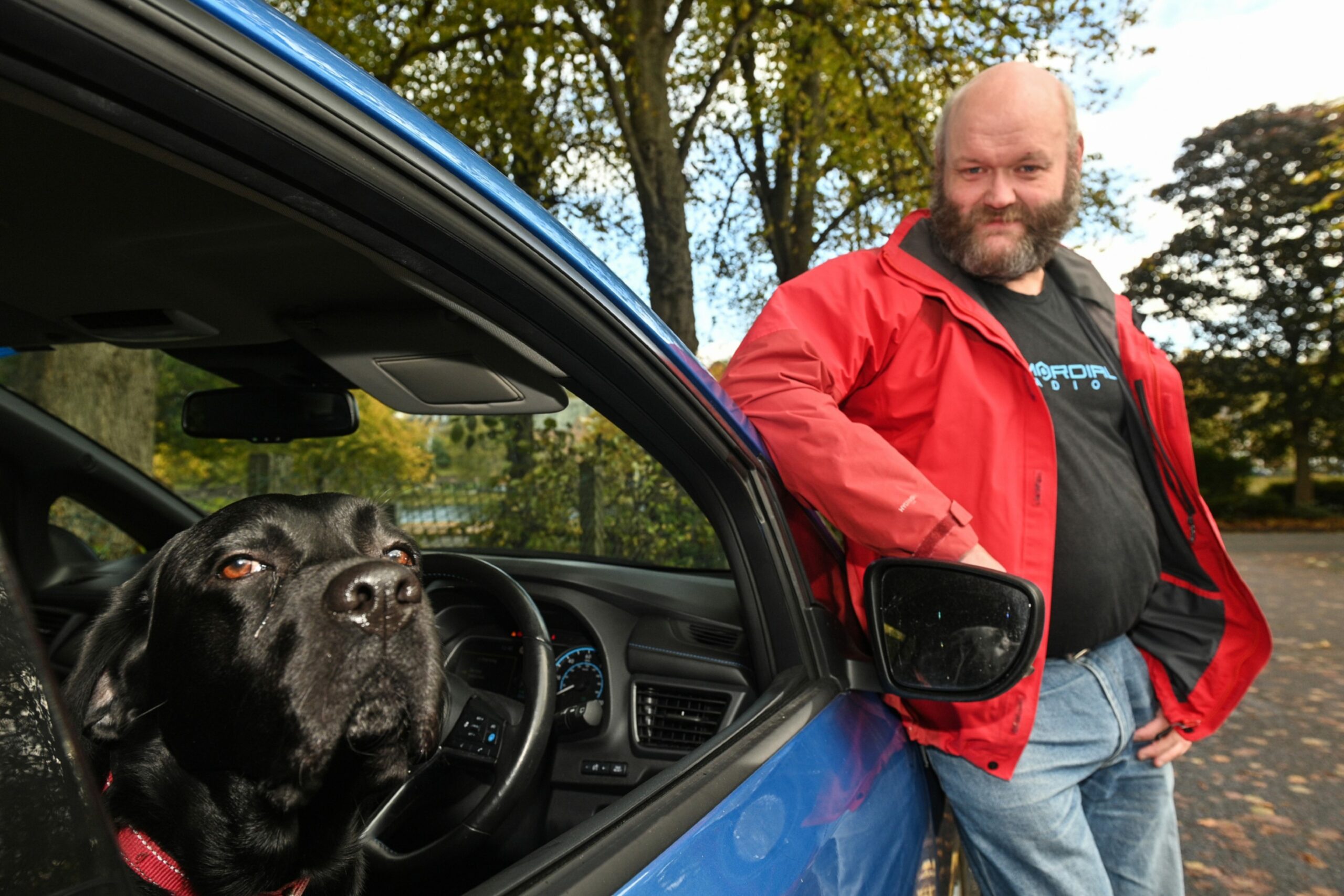
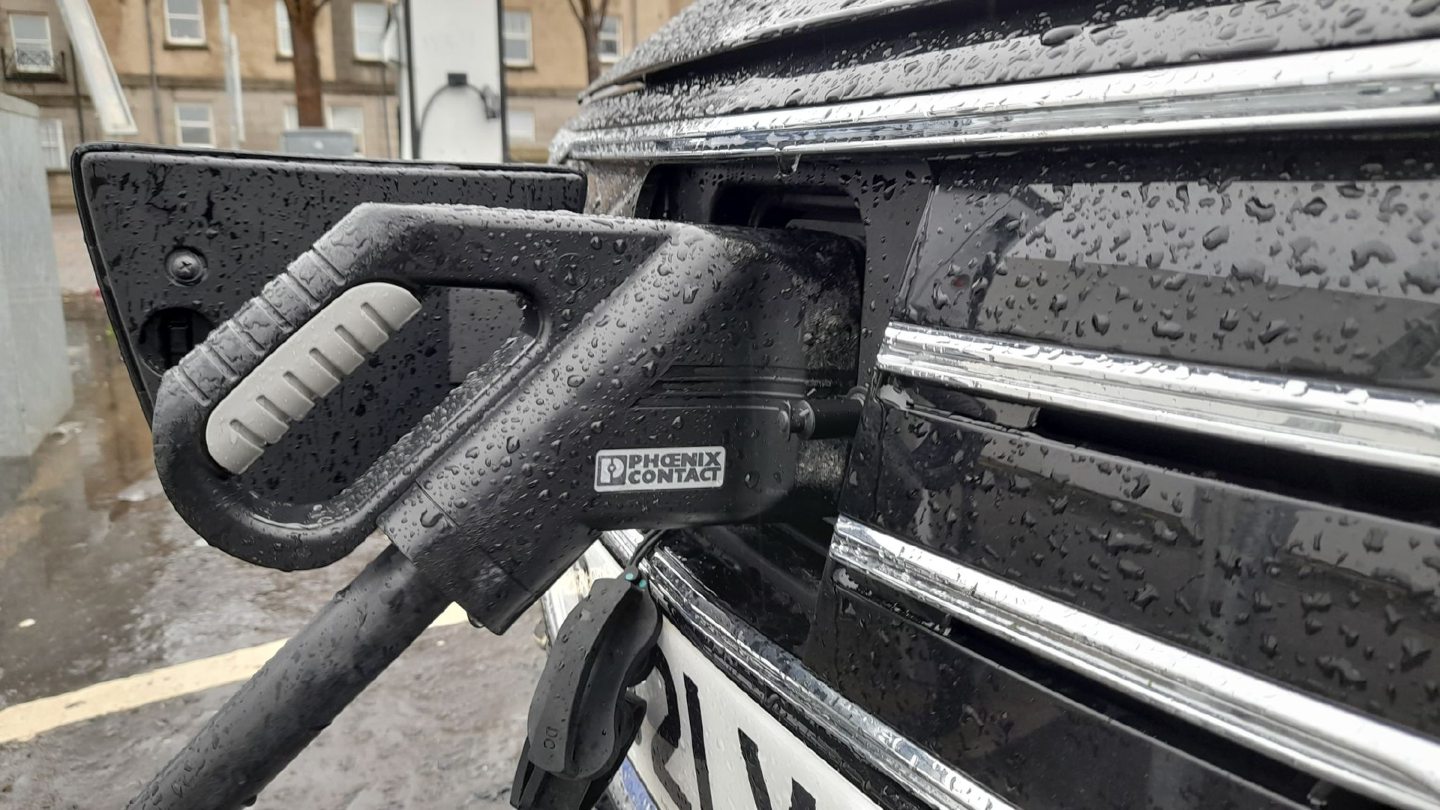
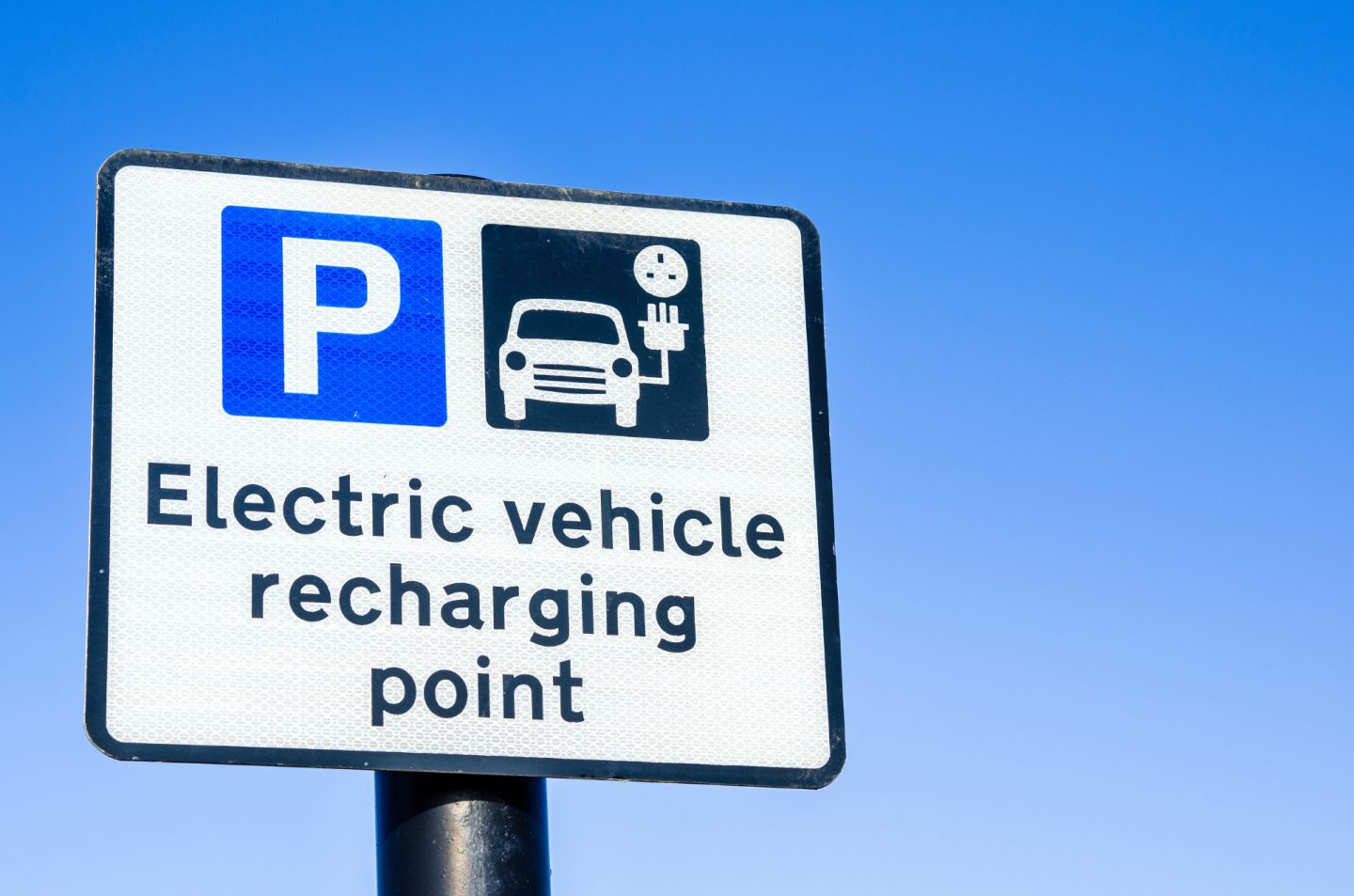


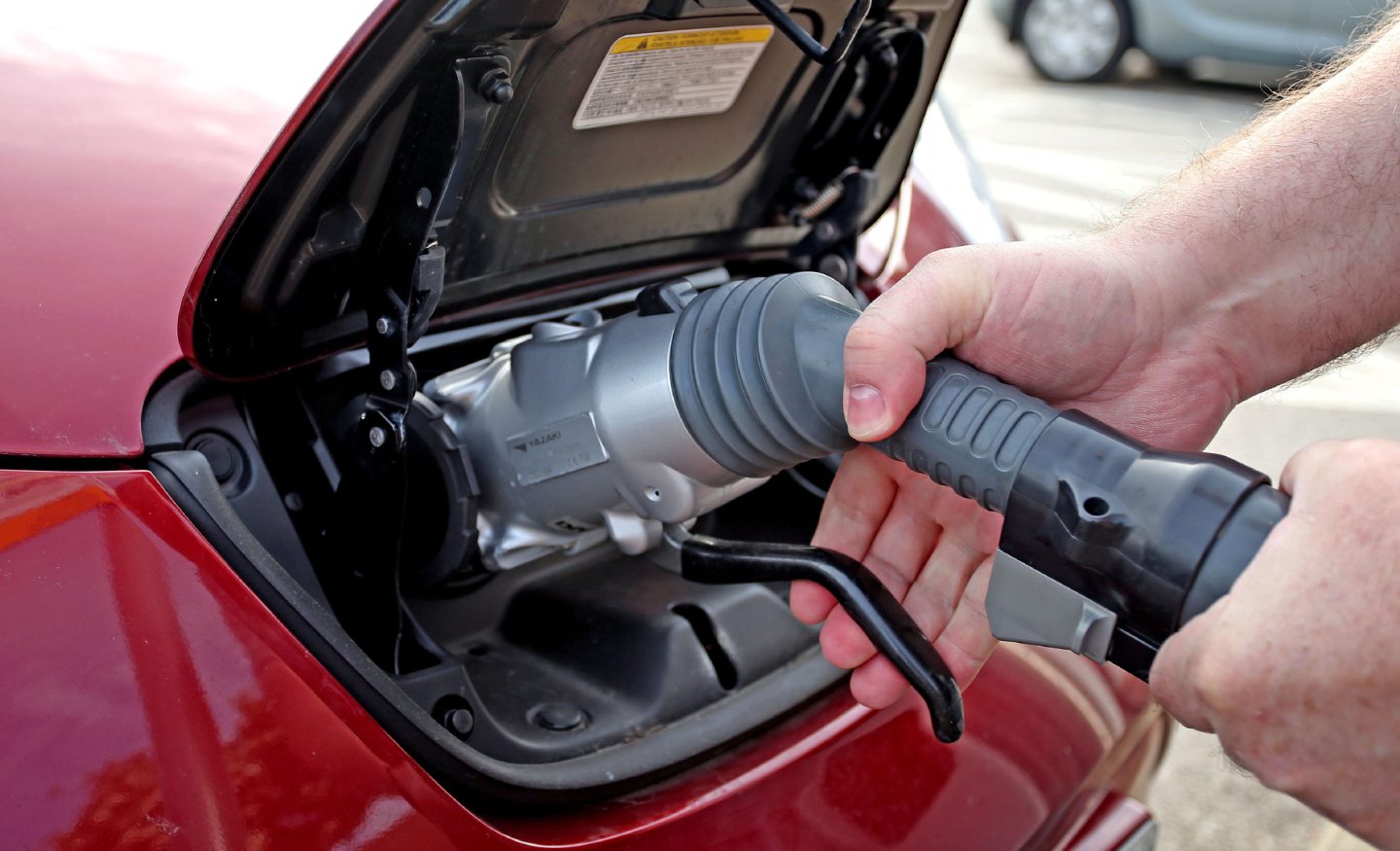
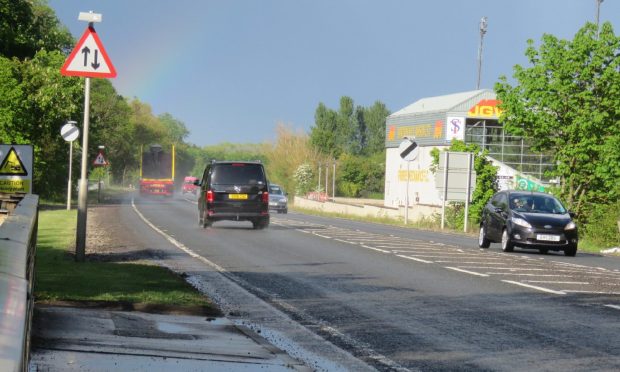
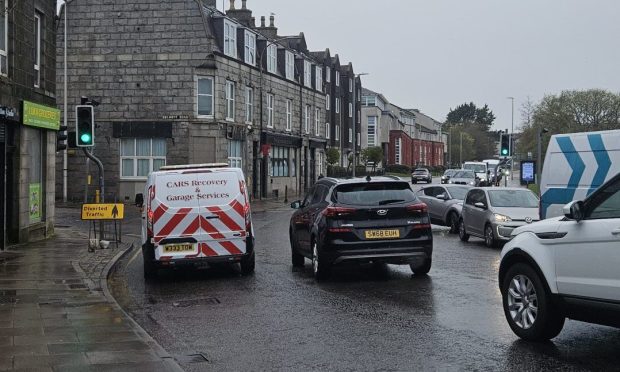
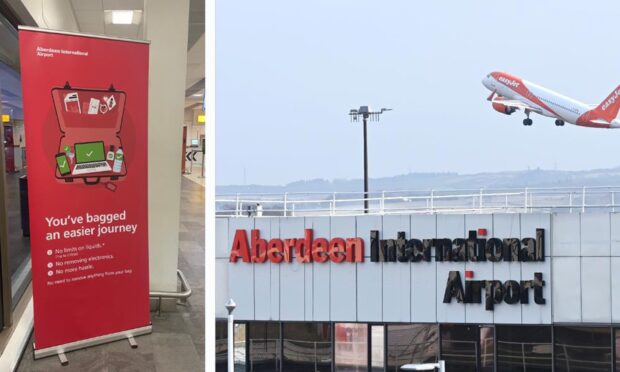
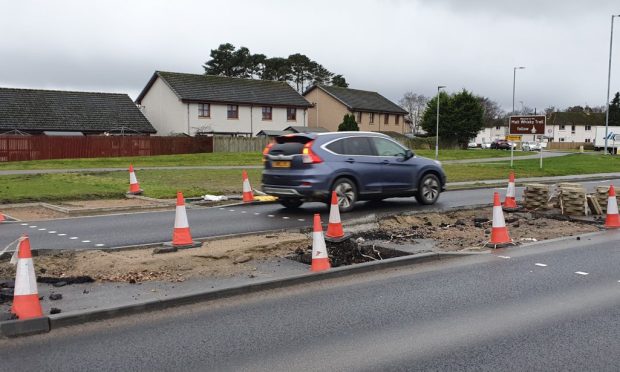
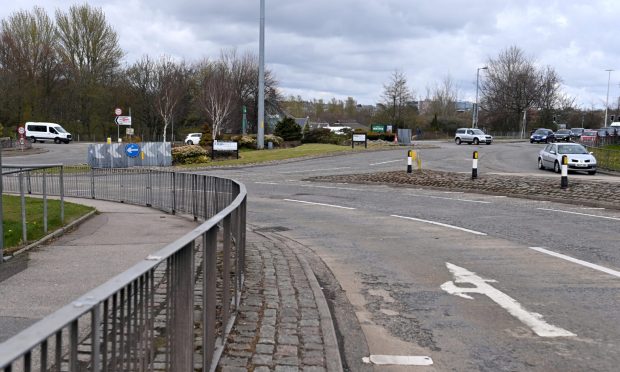
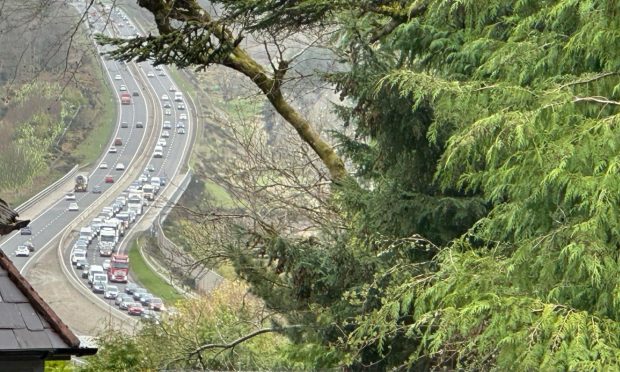
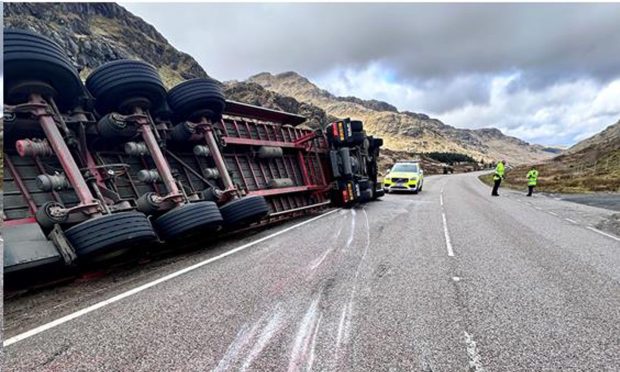
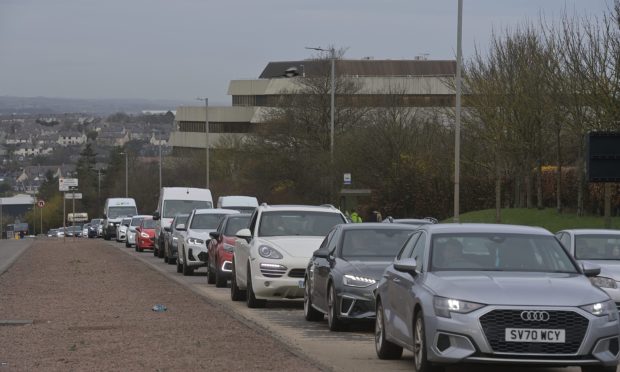
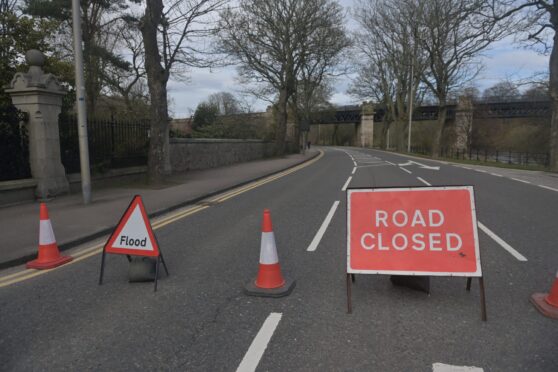
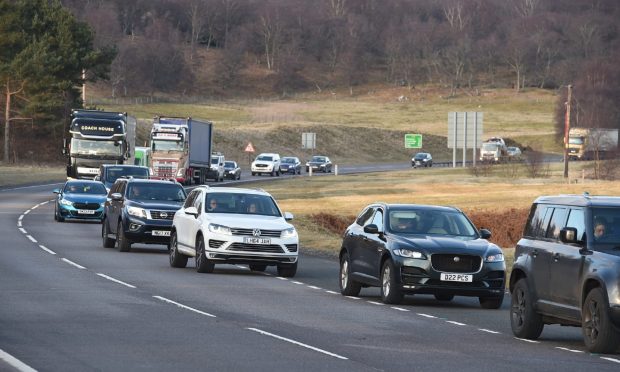
Conversation